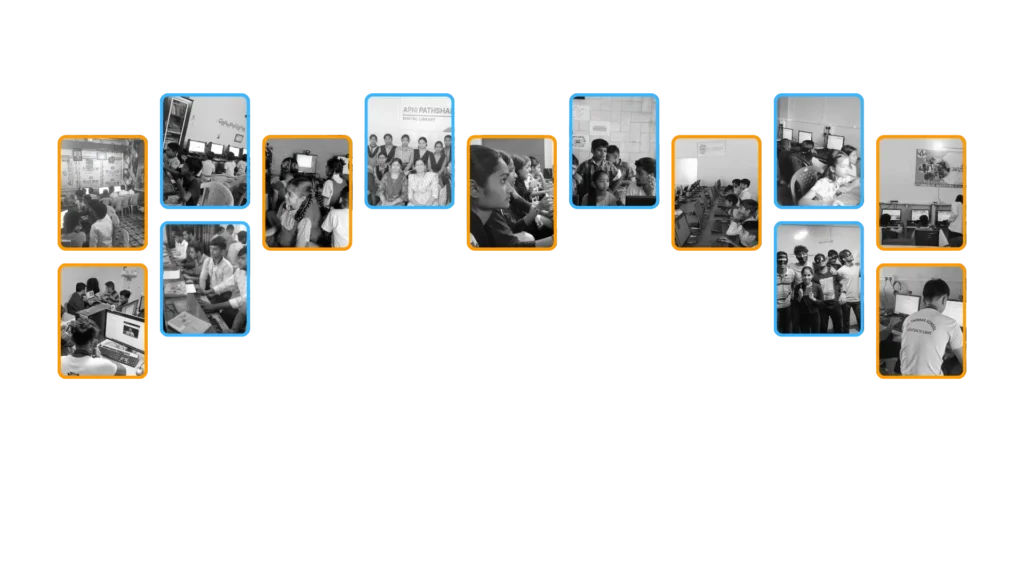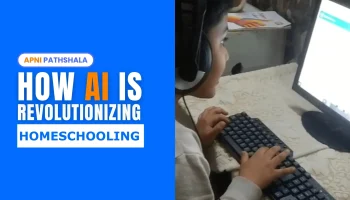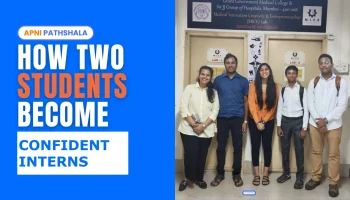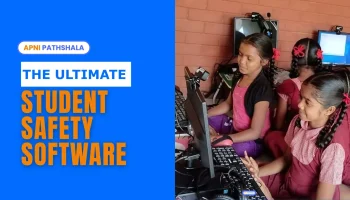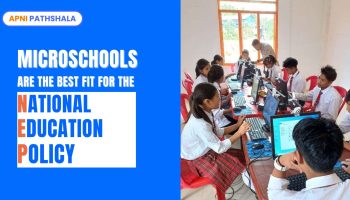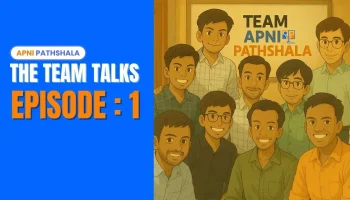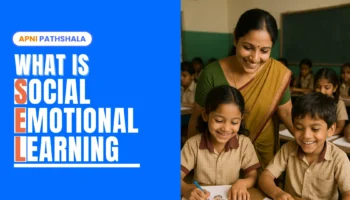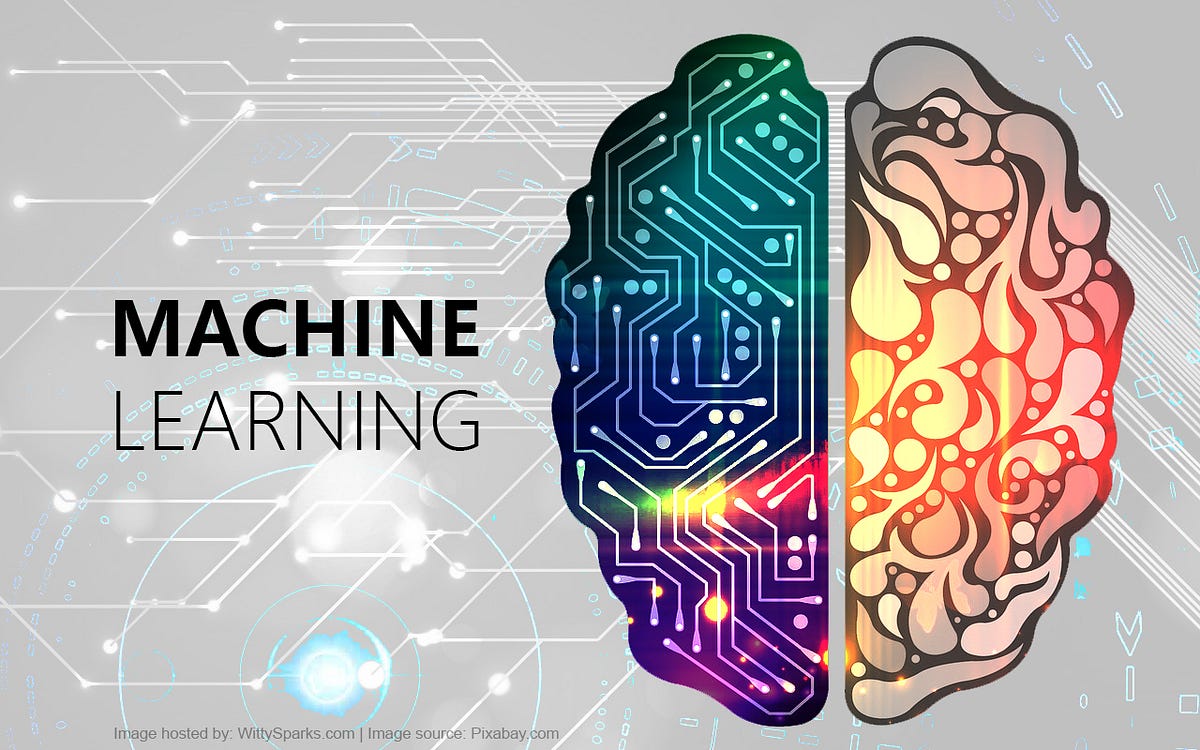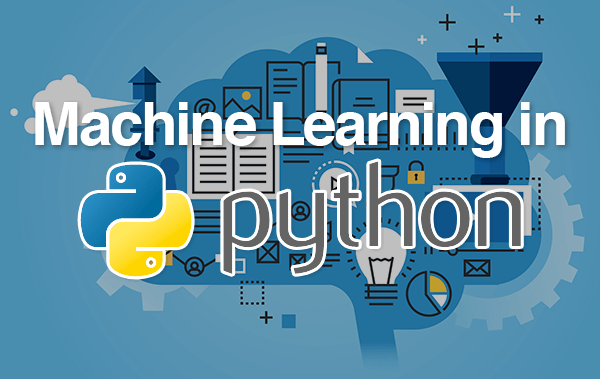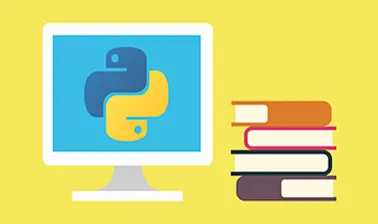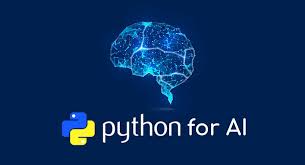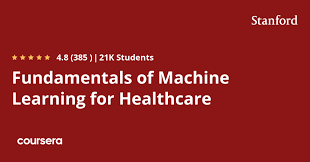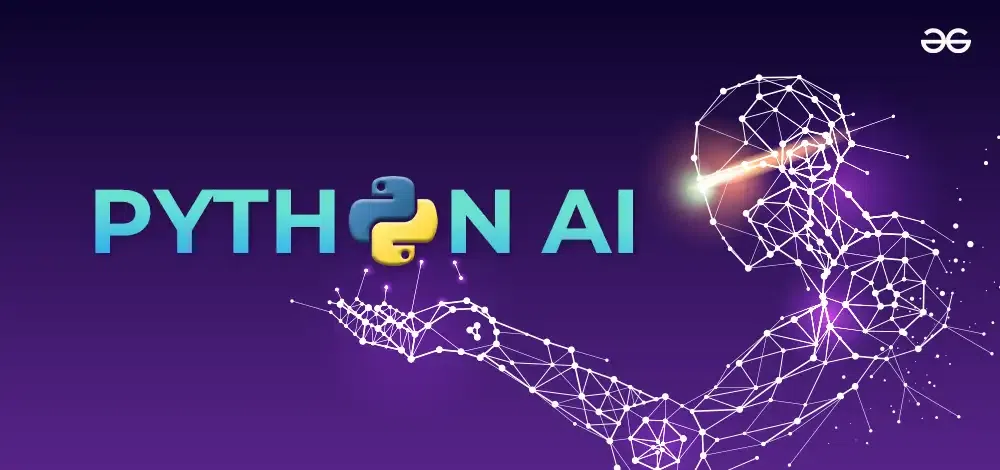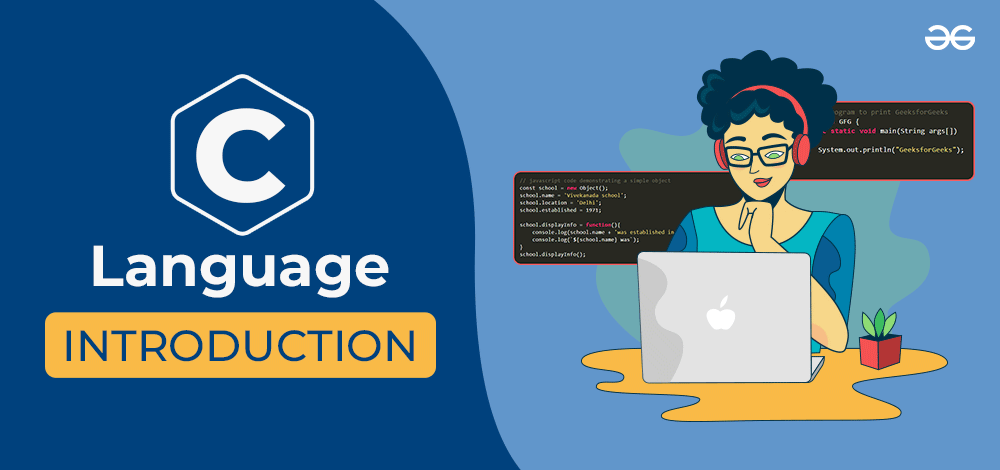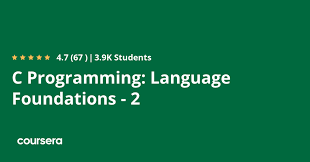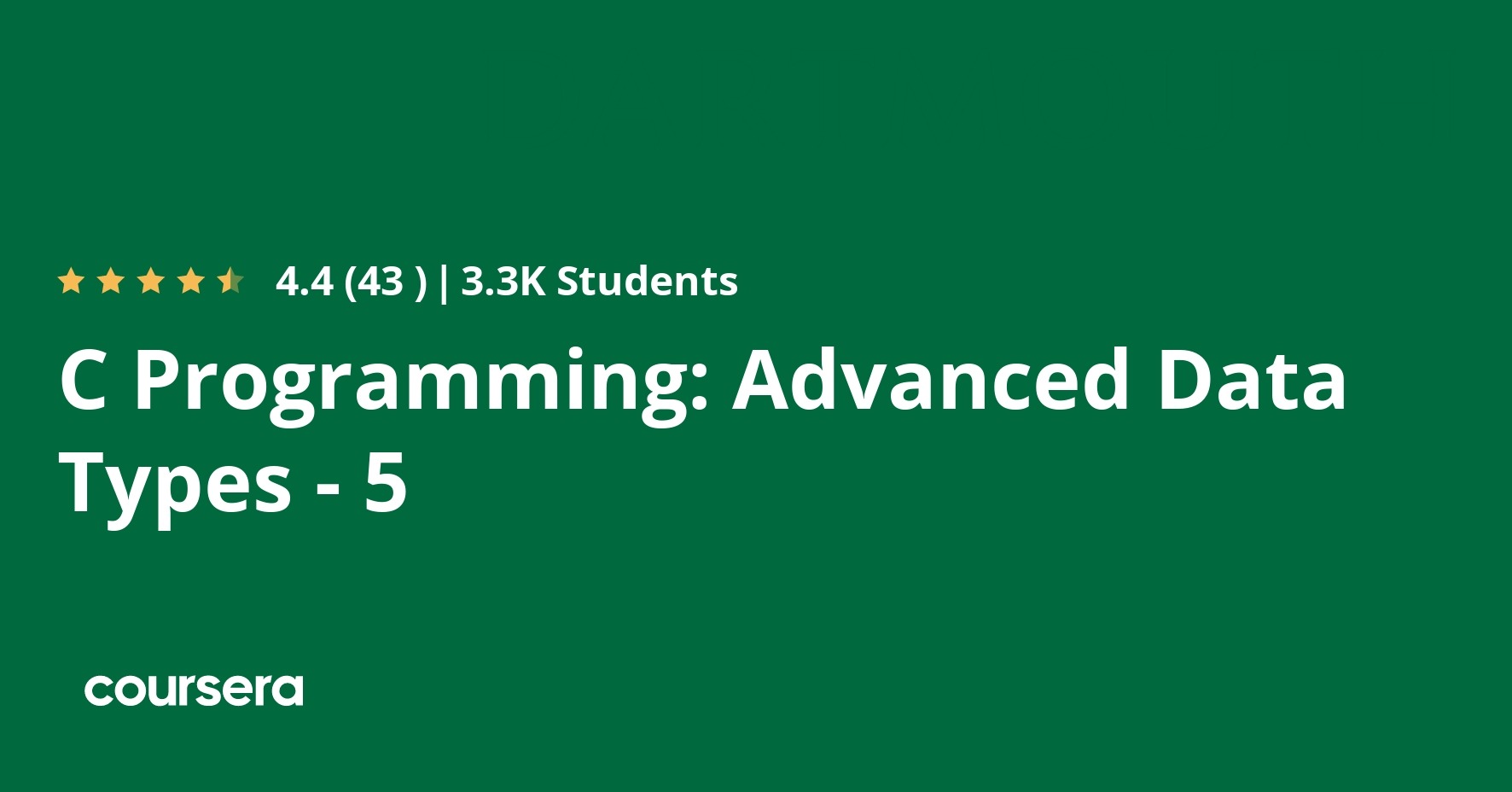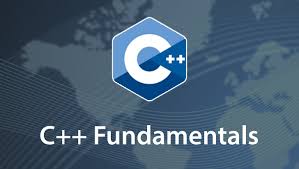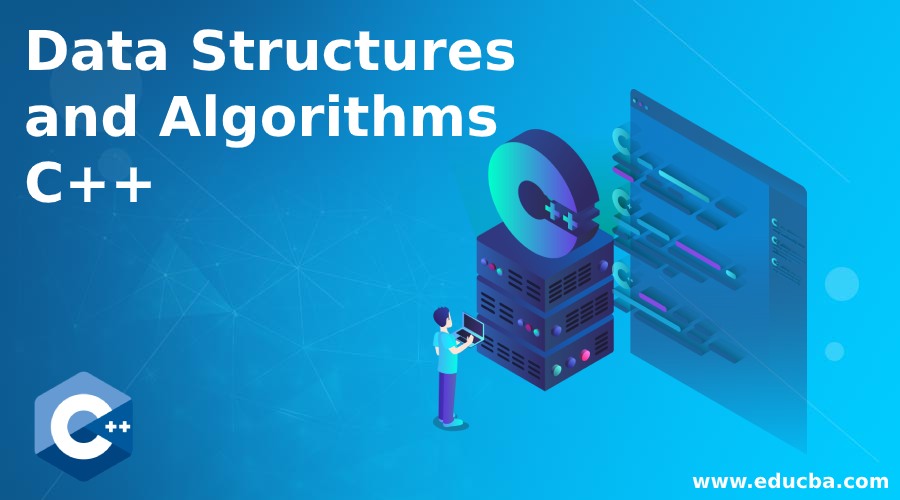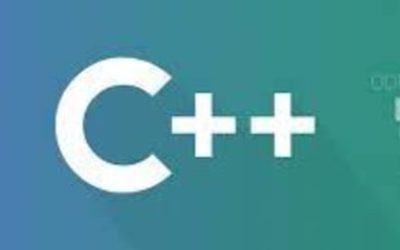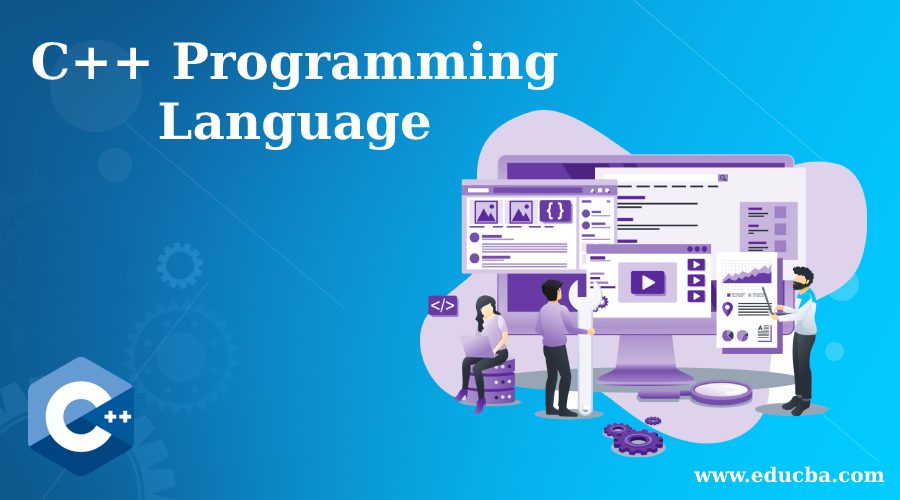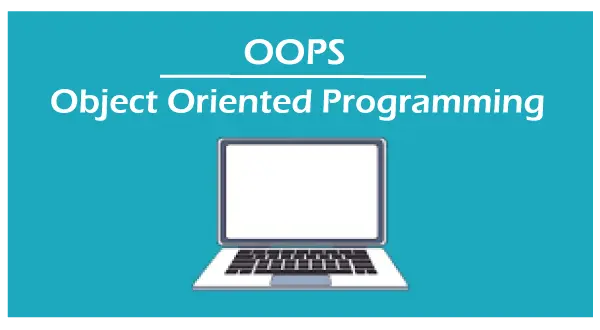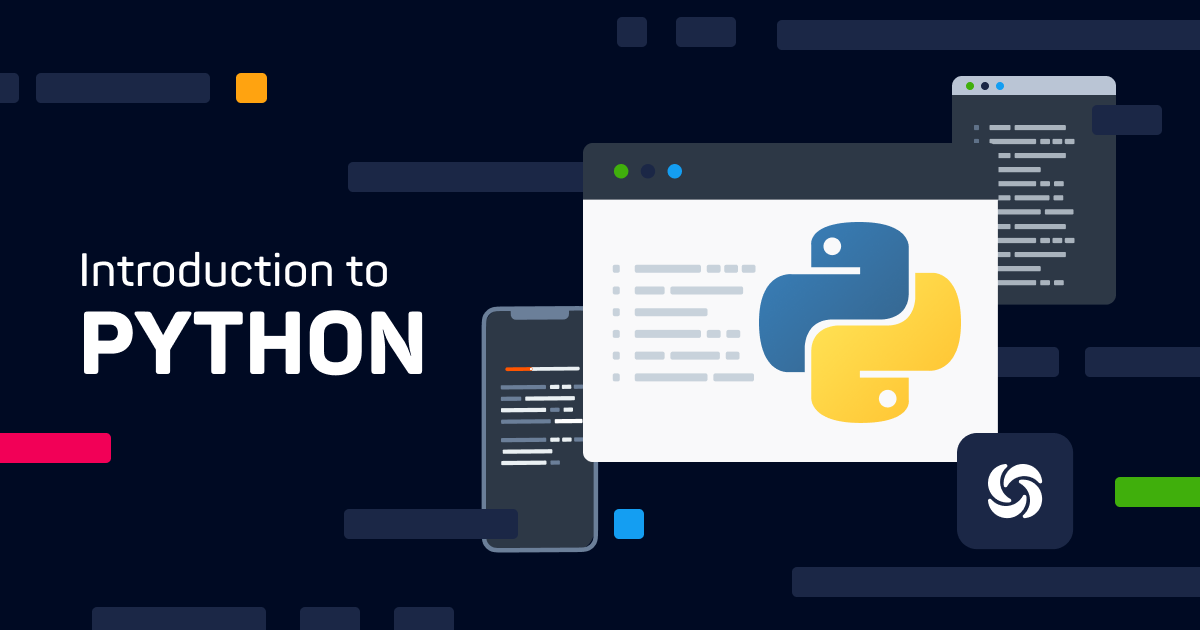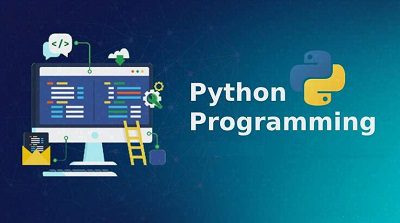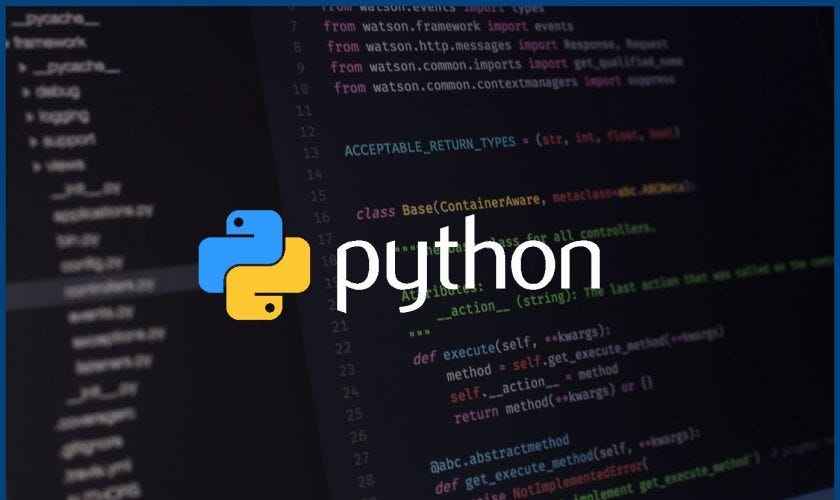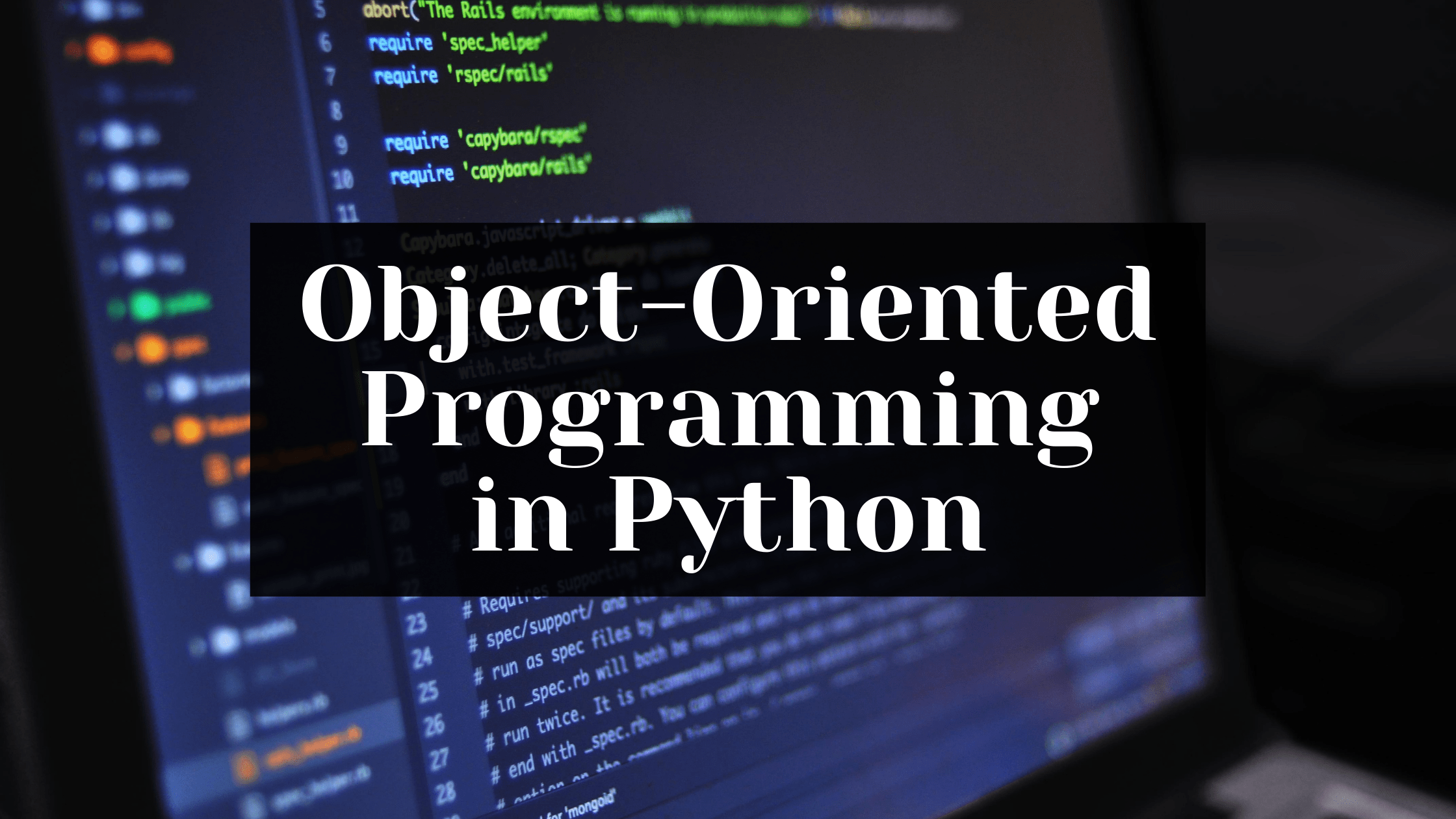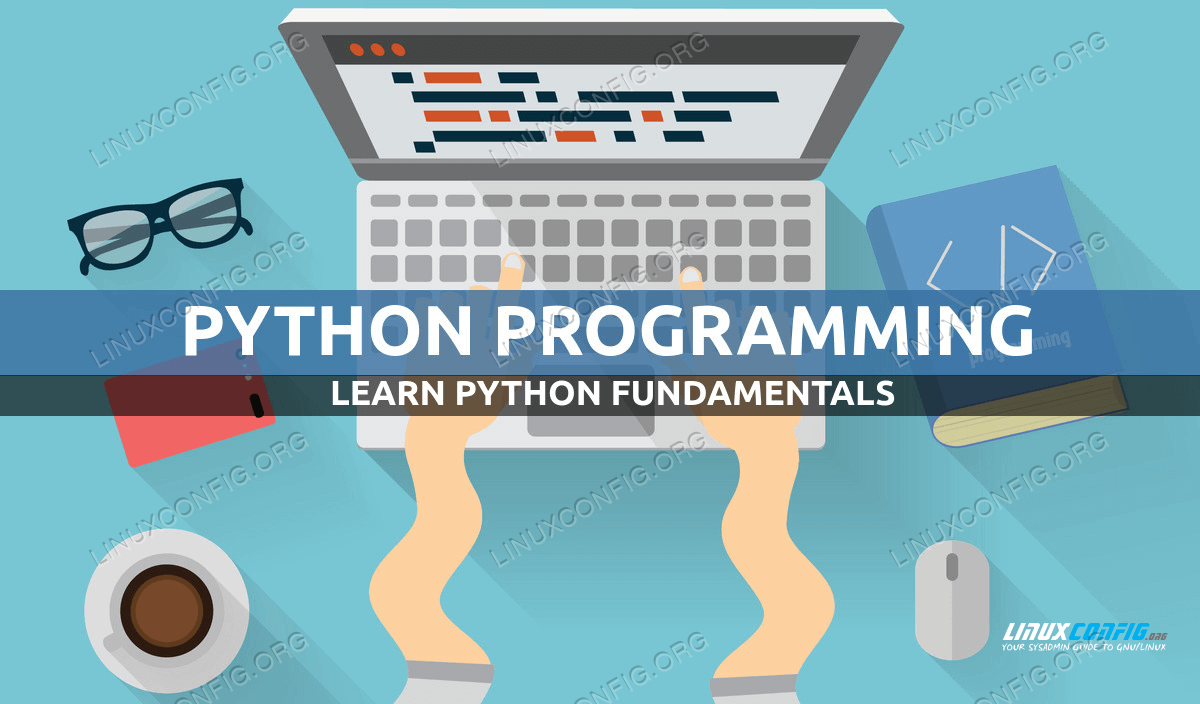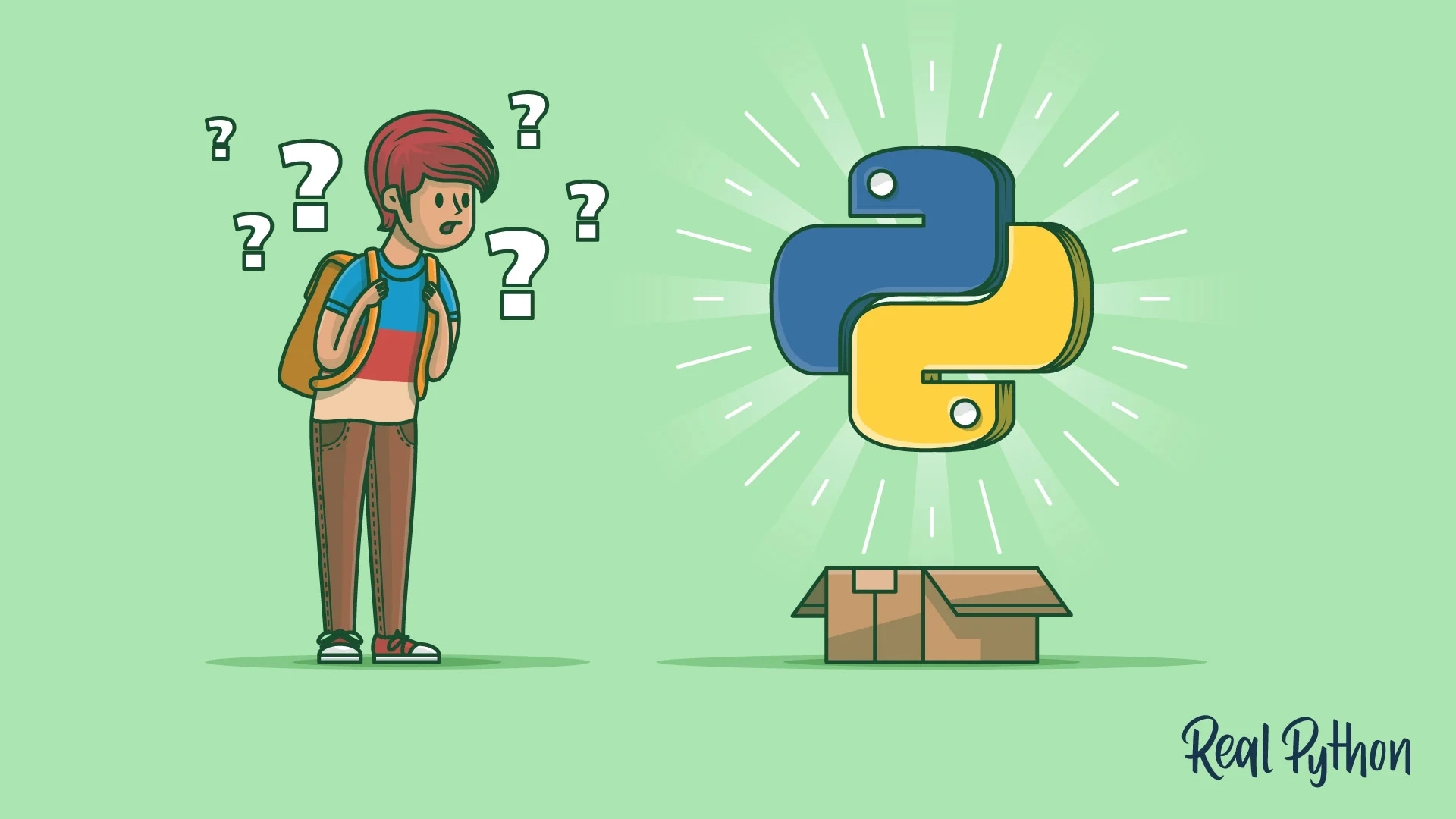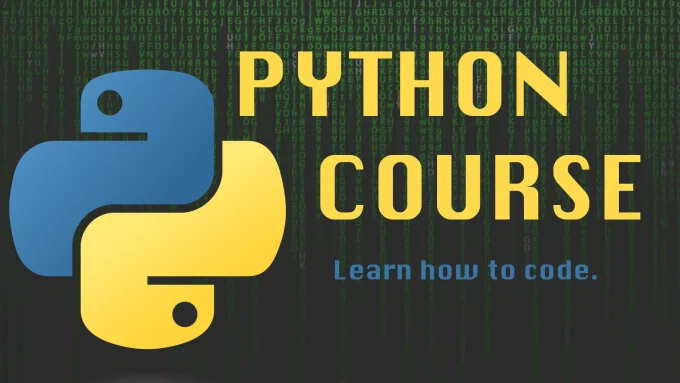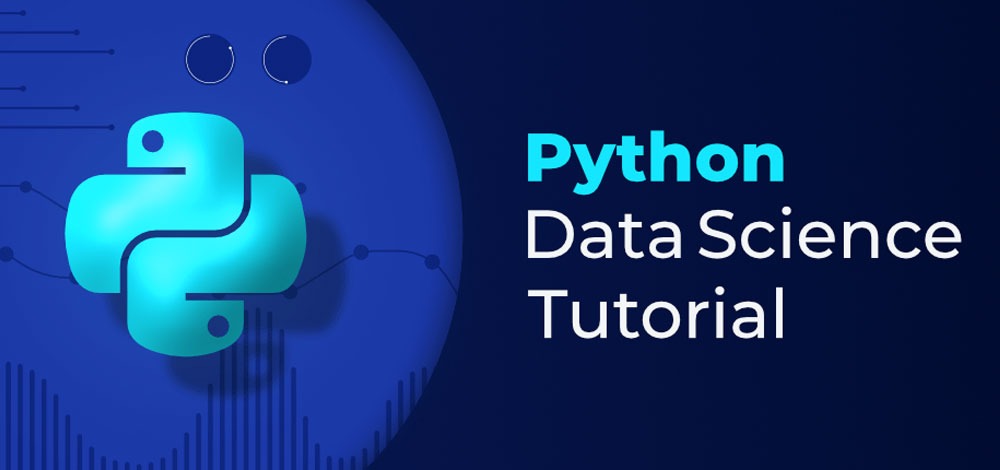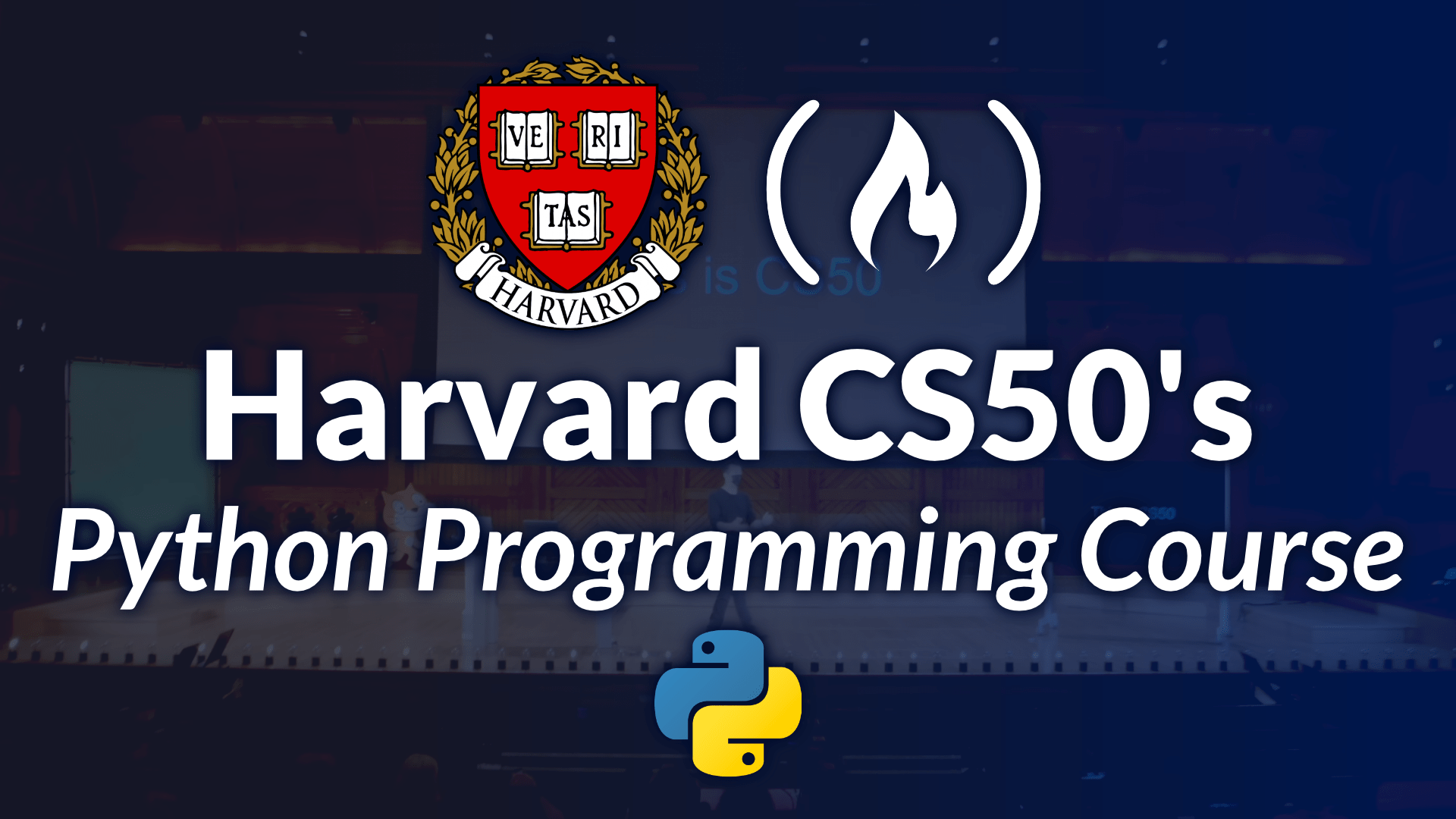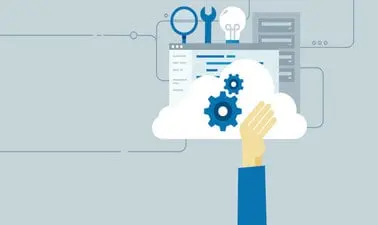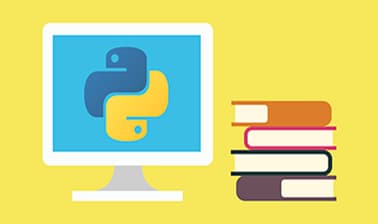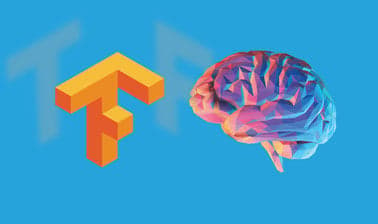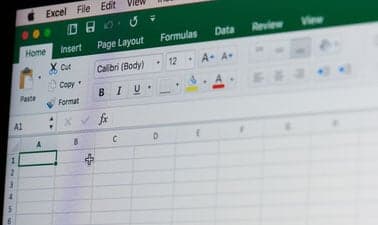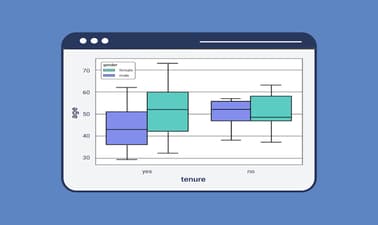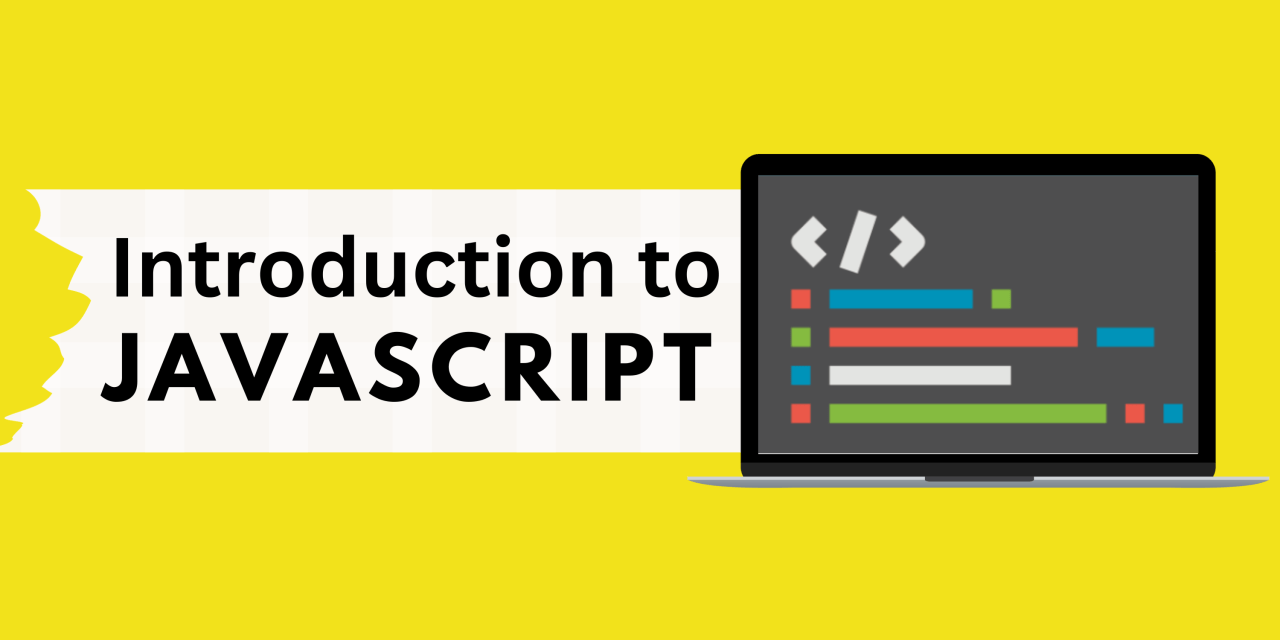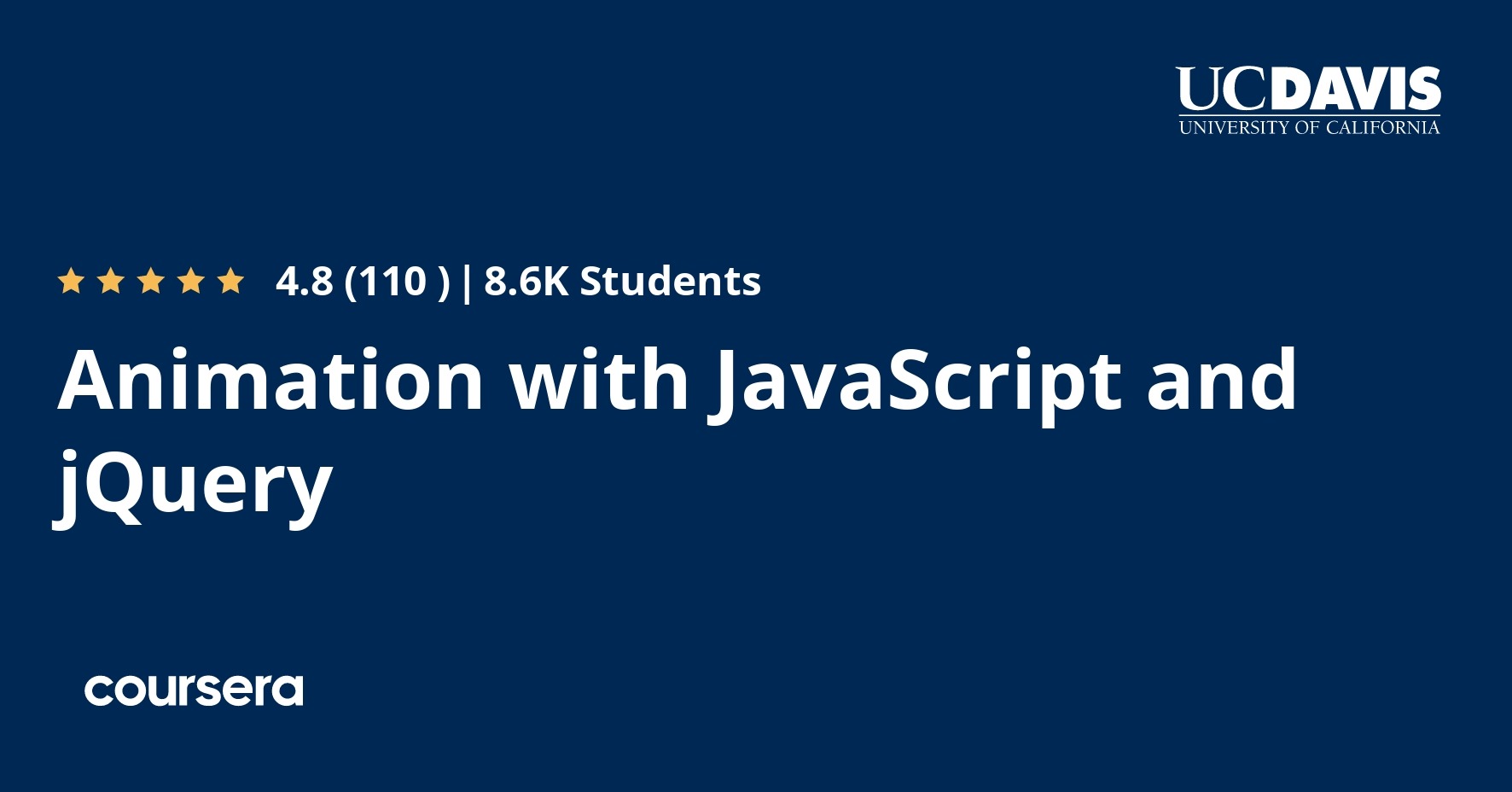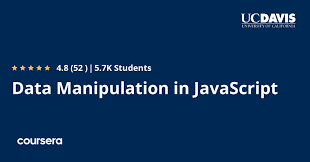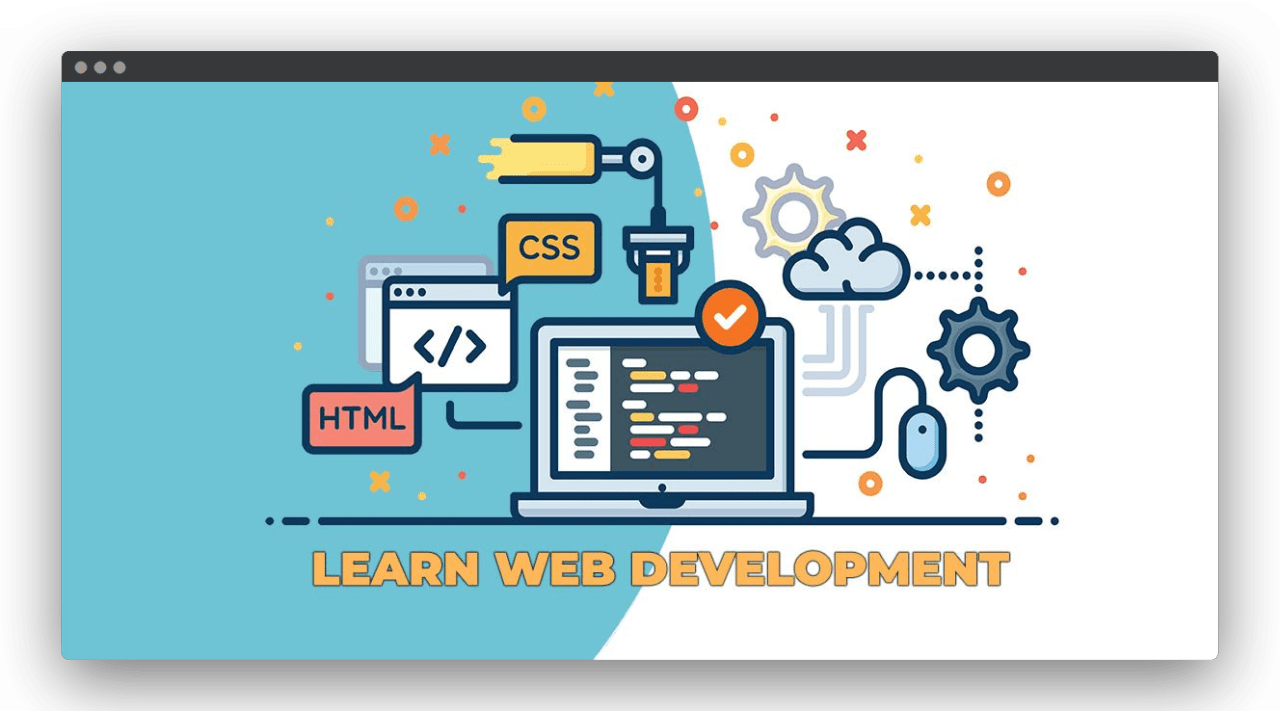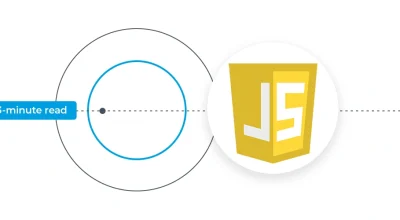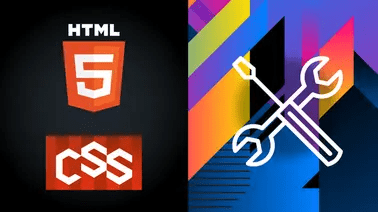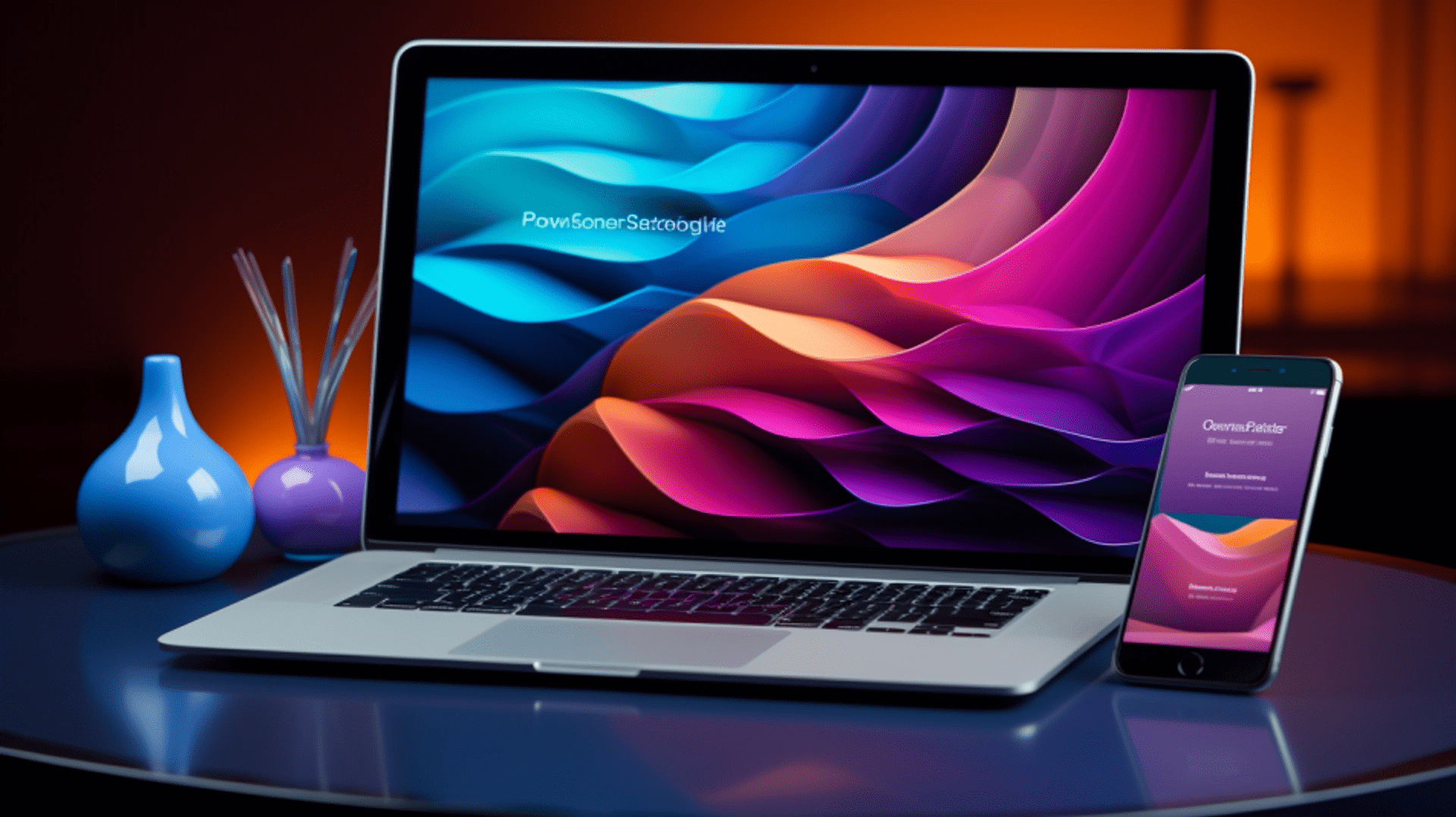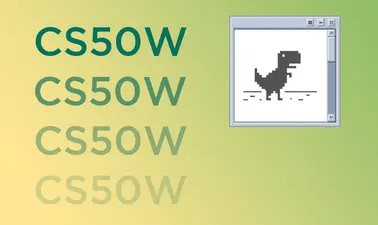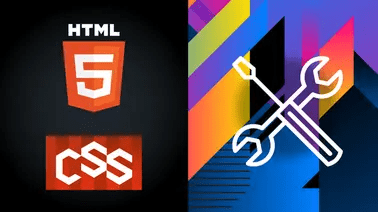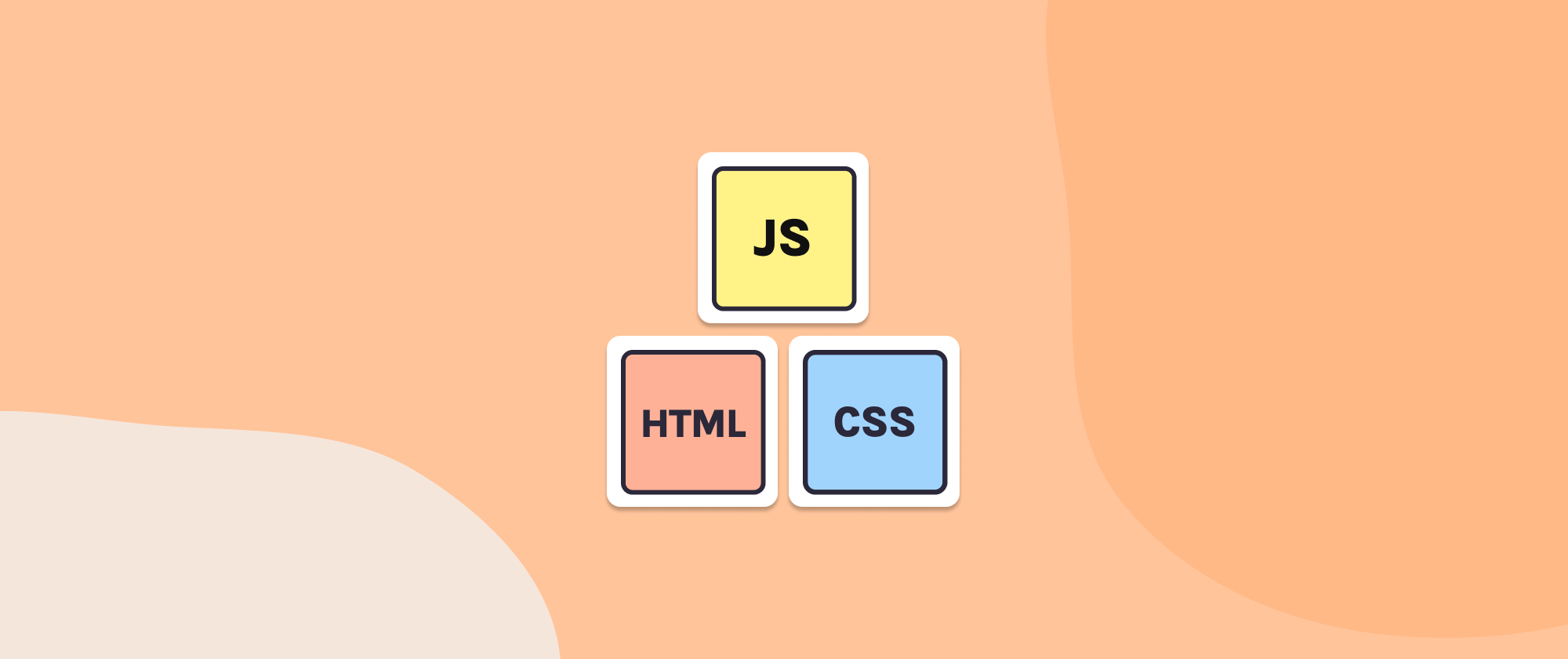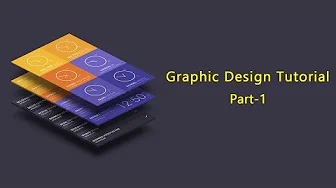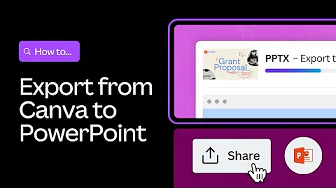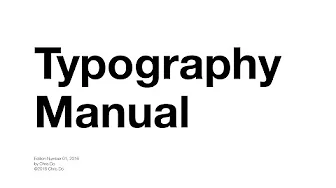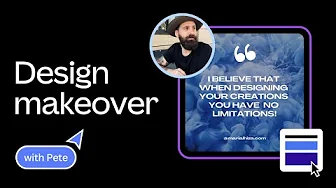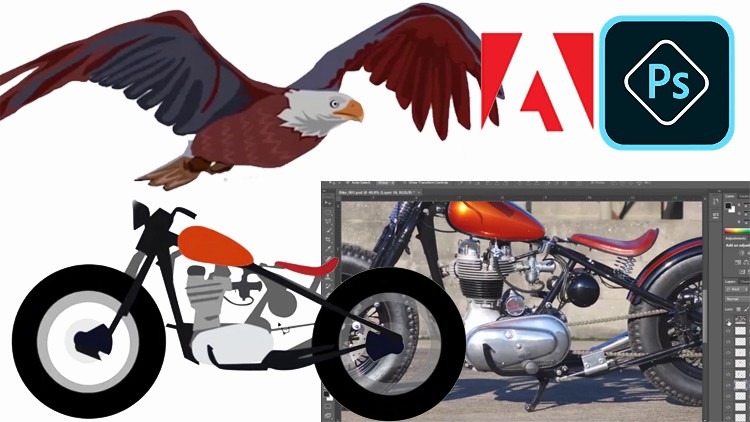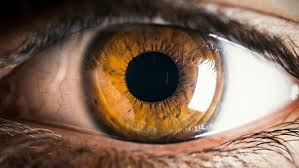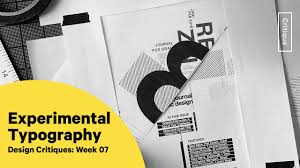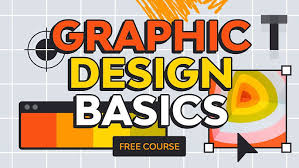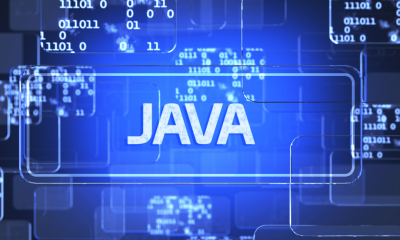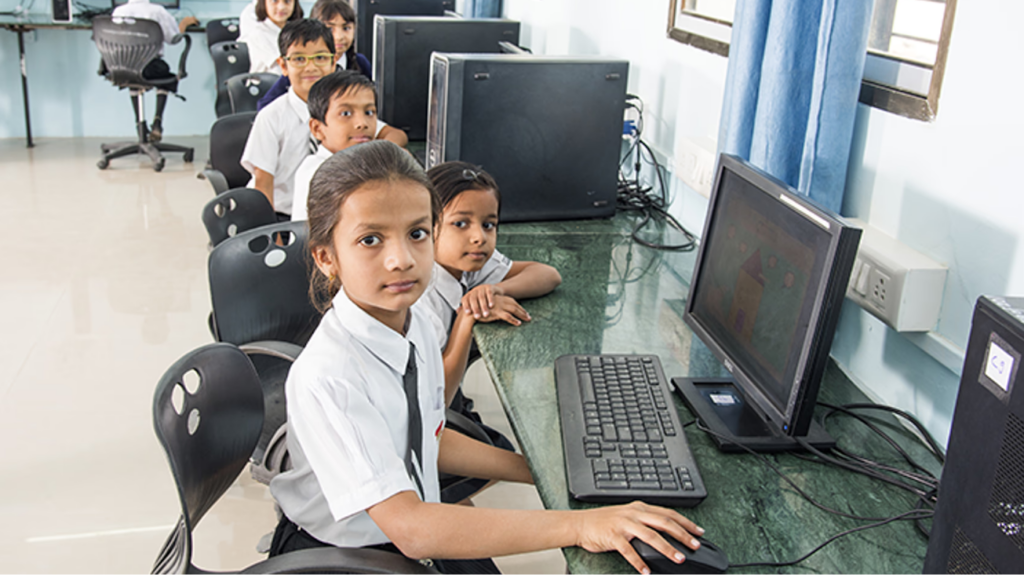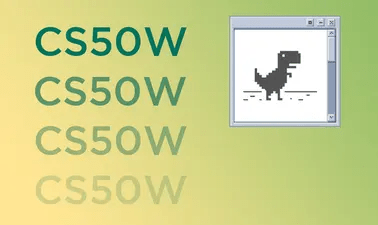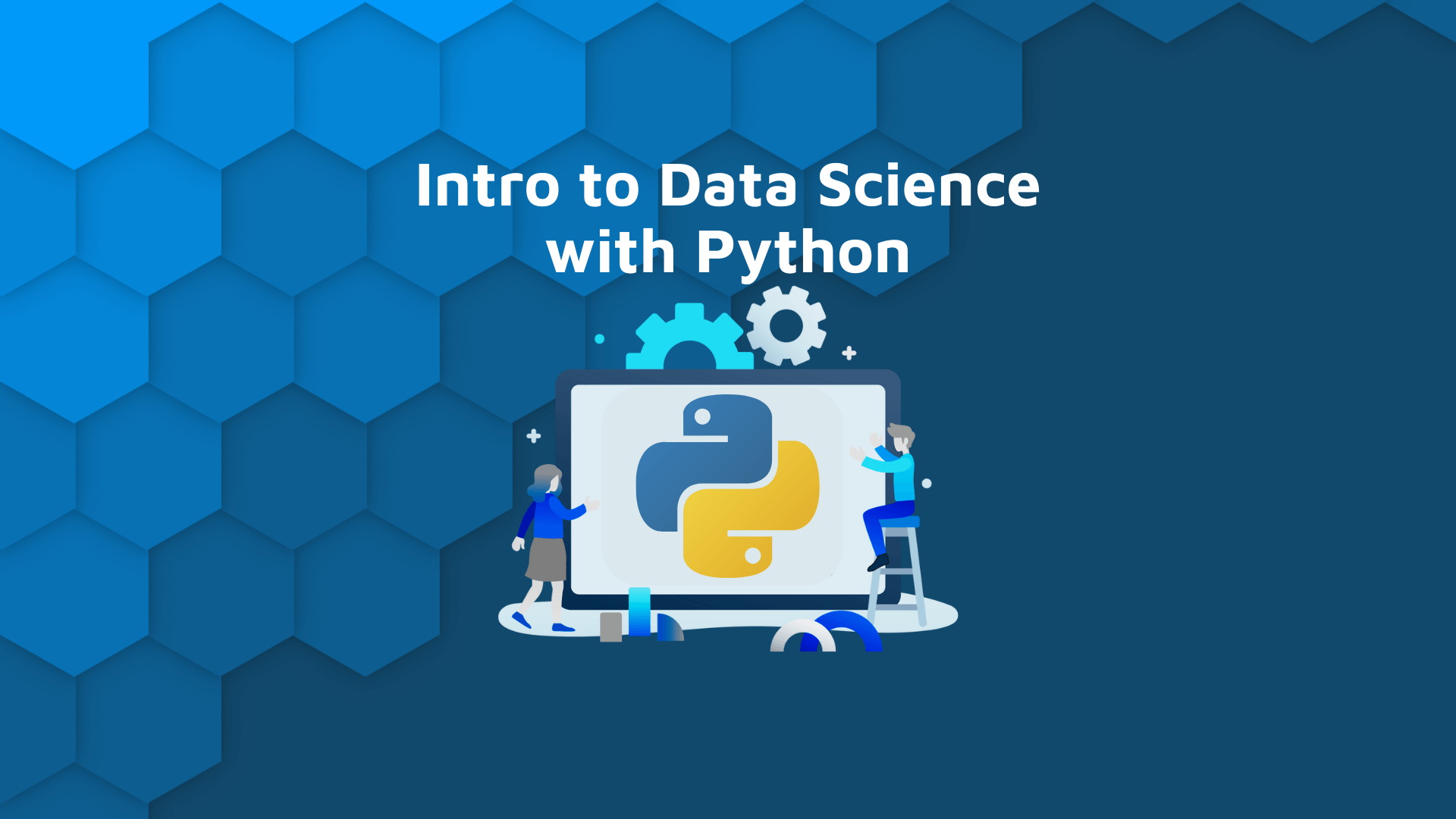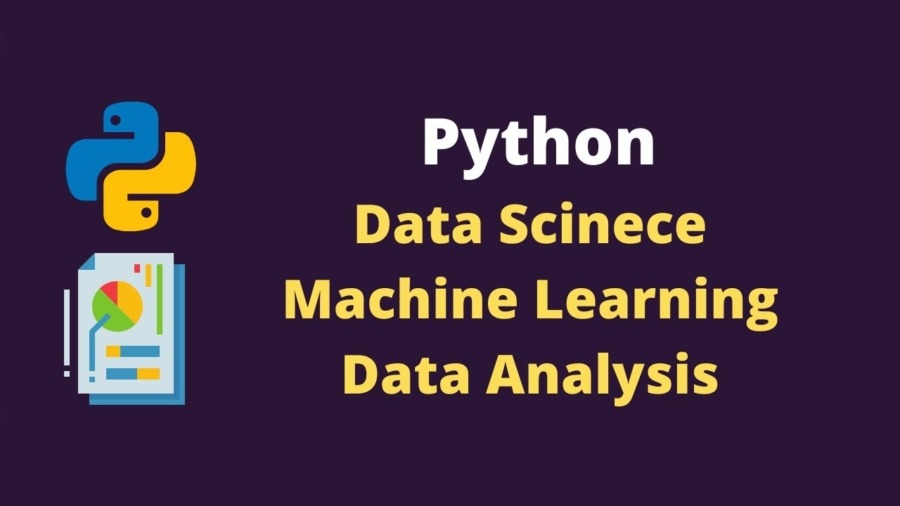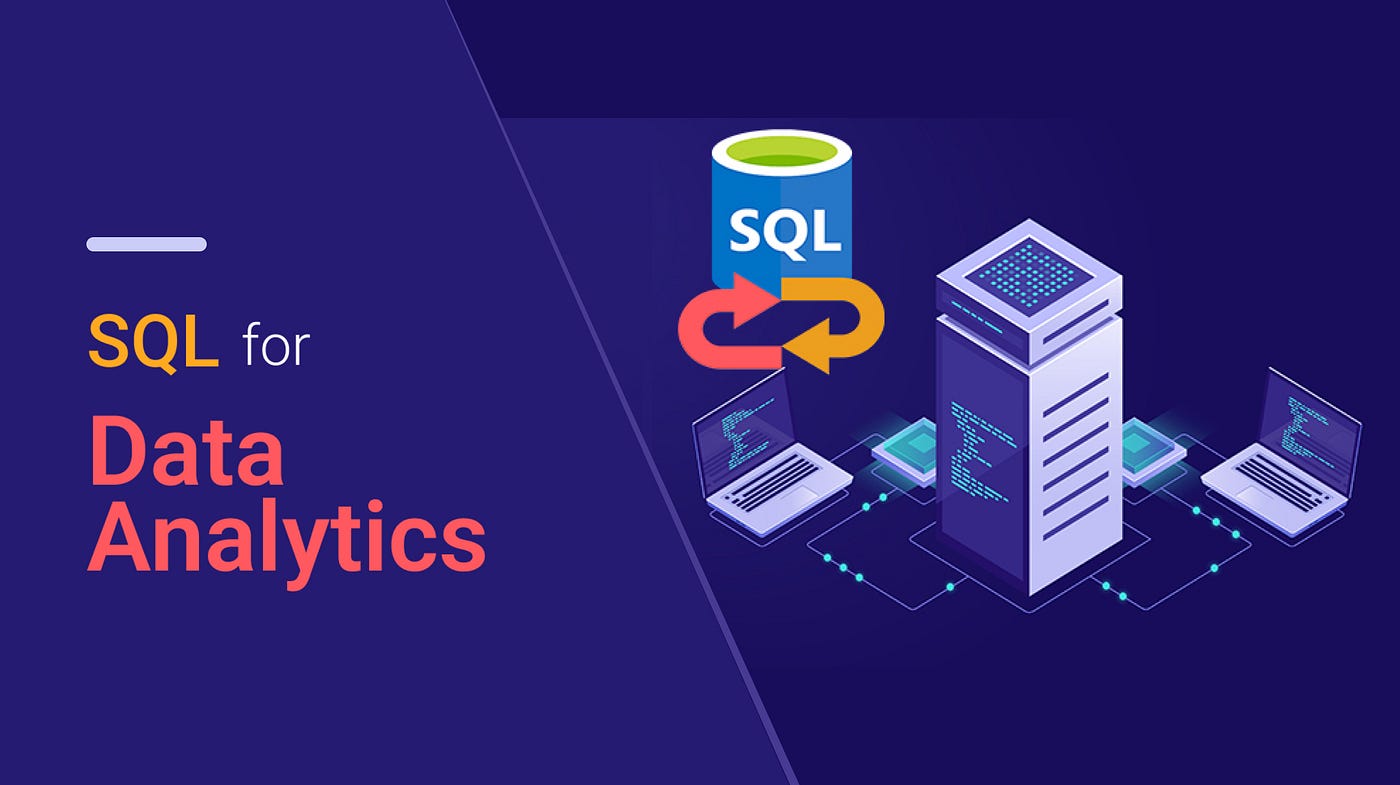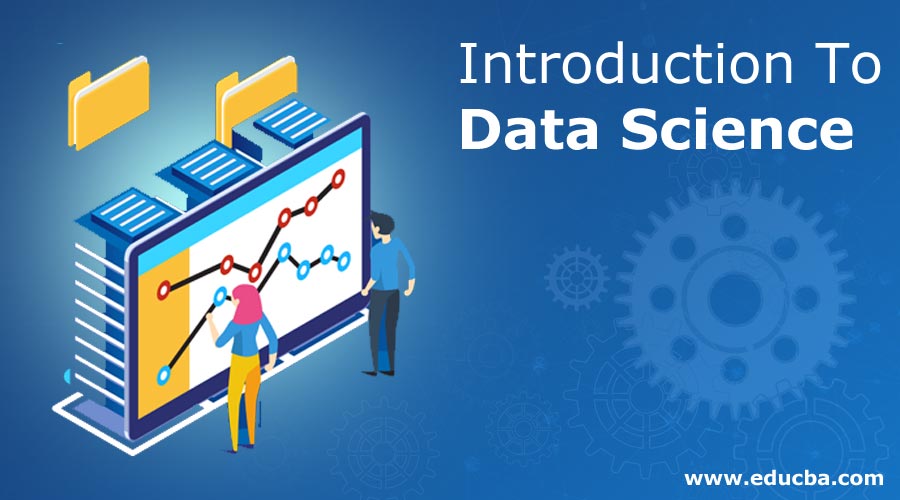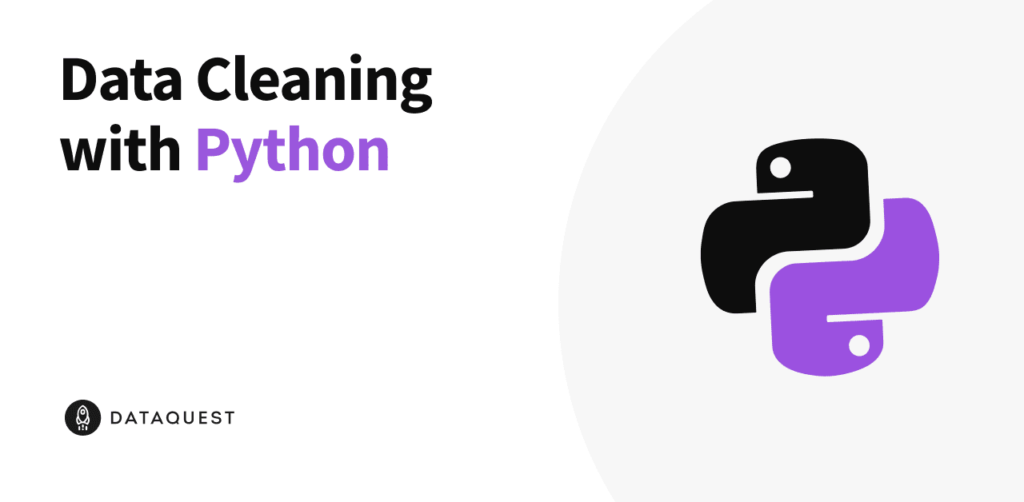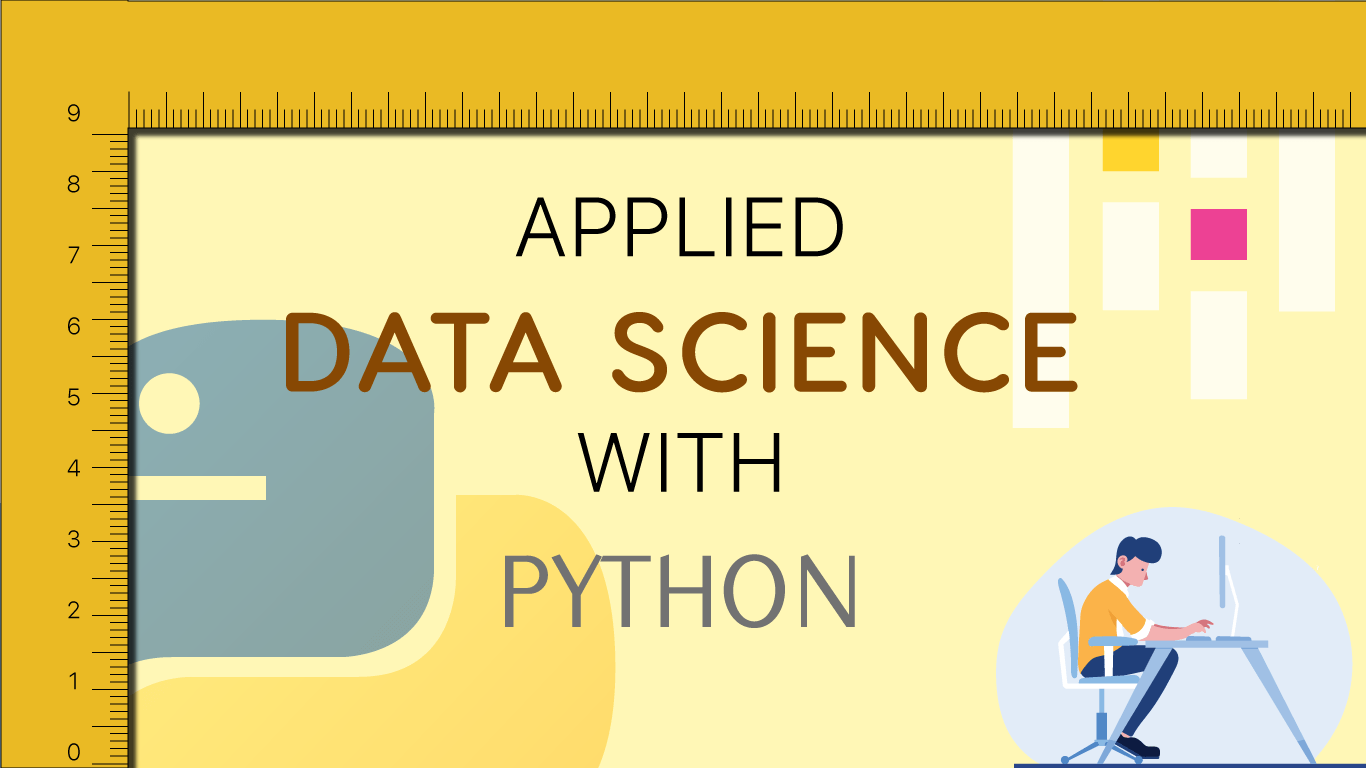How Scratch Builds Critical Thinking: Strategies & Benefits
Explore how Scratch learning at Apnipathshala boosts students’ critical thinking, creativity, coding, and problem-solving through fun, interactive projects.
https://youtu.be/98awWpkx9UM?si=fb50ywg9PQV4eHAO
Building Critical Thinking Skills in Students: Strategies and Benefits Using Scratch
Developing critical thinking skills in students is essential for their academic and personal growth. At Apnipathshala, we believe in equipping students with the tools and knowledge they need to succeed in the 21st century. One of the key tools we use is Scratch, an open-source software that allows students to create games, animations, and interactive stories. Through Scratch, students learn not only the basics of computer science but also enhance their problem-solving and critical thinking skills.
Introduction to Scratch at Apnipathshala
At Apnipathshala, our students engage in a variety of learning activities, including basic computer skills, MS Excel, MS PowerPoint, website designing, and, most importantly, Scratch. Scratch is an intuitive and user-friendly platform that introduces students to the world of coding in a fun and interactive way. It allows them to create their own projects, fostering creativity and innovation.
Enhancing Critical Thinking Skills
One of the primary benefits of using Scratch is that it significantly enhances students’ critical thinking skills. By designing their own projects, students learn to think logically and solve problems step-by-step. They break down complex tasks into smaller, manageable parts, which is a crucial aspect of computational thinking. This approach not only improves their analytical skills but also encourages them to think creatively about solutions.
Fostering Creativity and Collaboration
Scratch is a platform that encourages creativity. Students can express their ideas by creating animations, games, and interactive stories. This creative process boosts their confidence and helps them realize the potential of their ideas. Additionally, Scratch has a vibrant online community where students can share their projects, receive feedback, and collaborate with others. This collaborative environment promotes teamwork and helps students learn from their peers.
Developing Essential Skills
Through Scratch, students at Apnipathshala develop a wide range of essential skills. These include:
- Problem-Solving Skills: Scratch encourages students to think logically and solve problems step-by-step.
- Creativity: Students design their own animations, games, and interactive stories.
- Coding Concepts: Fundamental programming concepts like loops, variables, and conditionals are taught in an accessible way.
- Collaboration: Students can share their projects and collaborate with others worldwide.
- Computational Thinking: Students break down complex tasks into smaller parts, enhancing their analytical skills.
- Math Skills: Using coordinates, angles, and other mathematical concepts in projects improves math skills.
- Confidence: Completing projects and seeing their ideas come to life boosts confidence.
- Perseverance: Debugging and refining projects teach perseverance and resilience.
- Communication Skills: Explaining projects and how they work improves communication and presentation skills.
- Experimentation: The user-friendly interface allows students to experiment without fear of making mistakes, fostering a growth mindset.
Success Stories from Apnipathshala PODs
In Apnipathshala, several PODs like NarayanChandraTrust, LIFI Purkas Rathi, and Atma Foundation have seen tremendous success with students learning Scratch. For example, students from these PODs are creating impressive games and interactive stories, significantly improving their skills. This hands-on experience with Scratch not only enhances their coding abilities but also prepares them for future academic and career opportunities.
Beyond Coding: The Broader Impact of Scratch
Scratch is more than just a coding tool; it is a gateway to a wide range of skills that extend beyond programming. As students engage with Scratch, they develop critical soft skills such as time management, attention to detail, and the ability to work independently. These skills are invaluable in any field, making Scratch an essential part of a well-rounded education. At Apnipathshala, we see our students not only excelling in their Scratch projects but also applying these skills in other areas of their studies and daily lives.
Incorporating Real-World Applications
Another significant benefit of Scratch is its ability to connect learning with real-world applications. Students can create simulations and models that mirror real-life scenarios, enhancing their understanding of complex concepts. For example, a student might design a game that teaches the principles of physics or an interactive story that explores historical events. This practical application of knowledge makes learning more engaging and meaningful, helping students retain information more effectively.
Empowering Students Through Self-Learning
At Apnipathshala, we emphasize the importance of self-learning. Scratch provides the perfect platform for this by allowing students to learn at their own pace and explore topics that interest them. This autonomy in learning fosters a sense of ownership and responsibility, encouraging students to take initiative and be proactive in their education. As they navigate through their Scratch projects, students develop a growth mindset, understanding that learning is a continuous process.
Building a Community of Learners
The collaborative nature of Scratch also helps build a strong community of learners at Apnipathshala. Students share their projects, offer feedback, and support each other in their learning journeys. This sense of community is crucial in creating an inclusive and supportive learning environment where every student feels valued and encouraged. Through this collaborative approach, students not only enhance their technical skills but also learn the importance of teamwork and mutual respect.
Most Valuable Skills Developed Through Scratch
Leadership:
Students take charge of their projects, developing leadership skills.
Innovation:
Scratch encourages students to come up with unique ideas and solutions.
Time Management:
Managing and completing projects teaches valuable time management skills.
Technical Proficiency:
Students gain proficiency in using technology and coding.
Critical Analysis:
Evaluating and refining projects helps in developing critical analysis skills.
FAQs about “Building Critical Thinking Skills in Students: Strategies and Benefits Using Scratch”
Your Questions, Our Answers: Clearing Up Any Doubts!
Scratch is an open-source platform that allows students to create games, animations, and interactive stories.
How does Scratch help in developing critical thinking skills?
Scratch encourages logical thinking and problem-solving by breaking down tasks into smaller parts.
What are the benefits of using Scratch for students?
Benefits include enhanced problem-solving skills, creativity, coding concepts, collaboration, and more.
Can students collaborate on Scratch projects?
Yes, Scratch has a community where students can share their projects and collaborate with others.
How can students at Apnipathshala get started with Scratch?
Students can join any of our PODs where Scratch is taught and start learning with the guidance of our mentors.
Empowering Minds with Technology: Apnipathshala – Where Every Student Thrives.
Developed By- Gaurav Sharma

